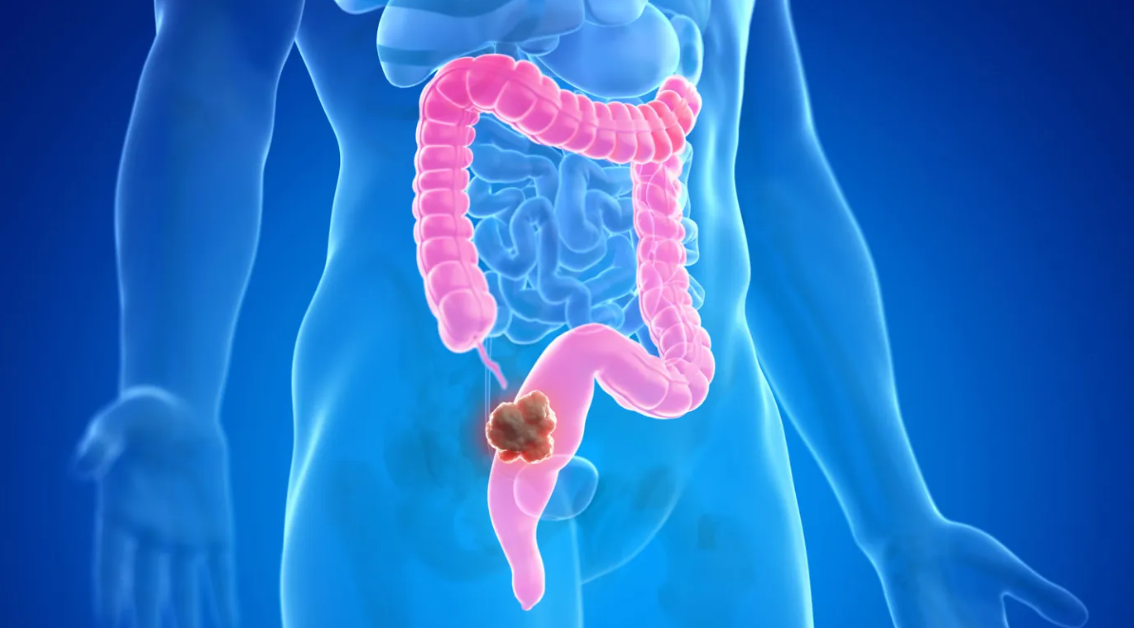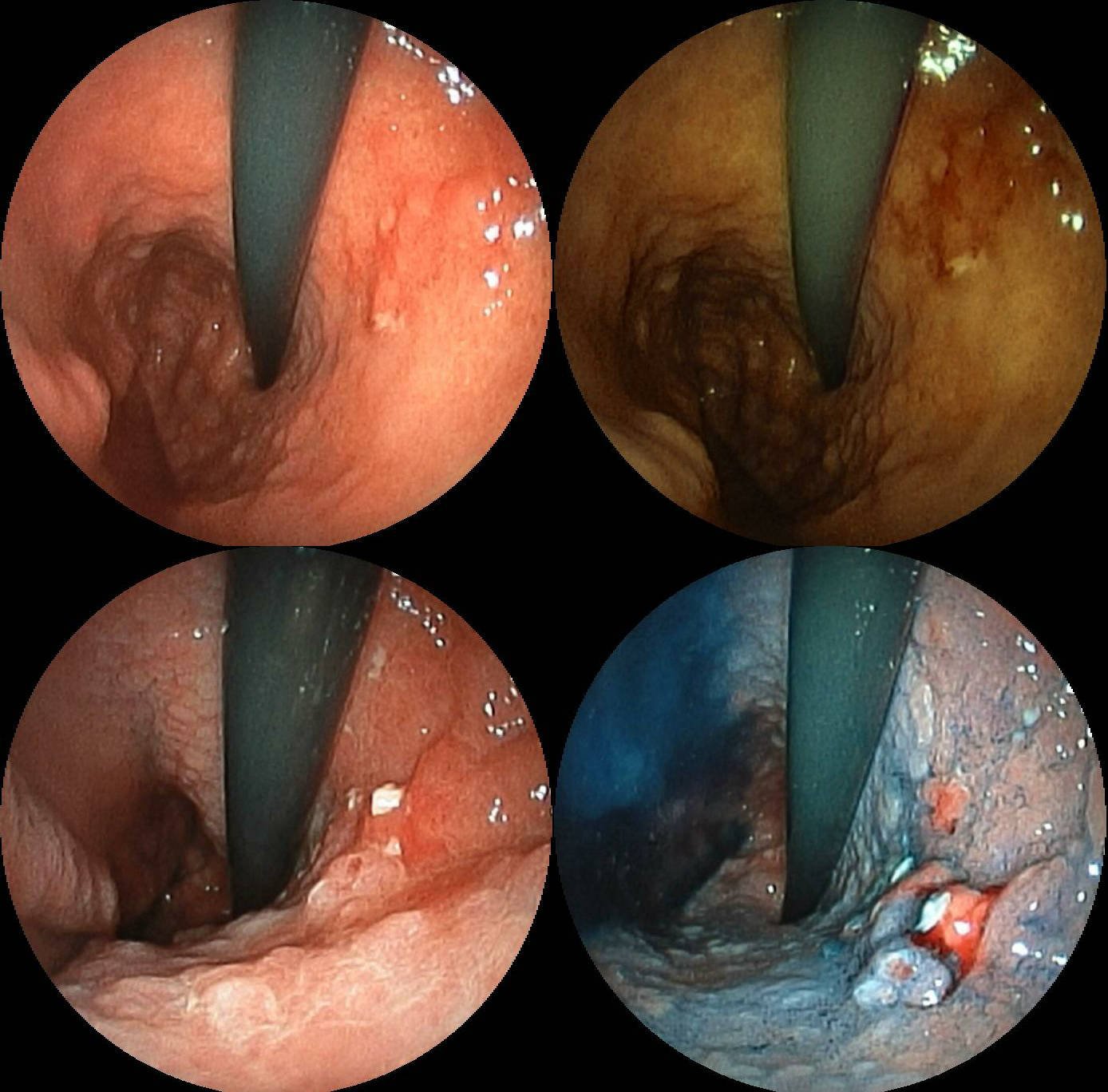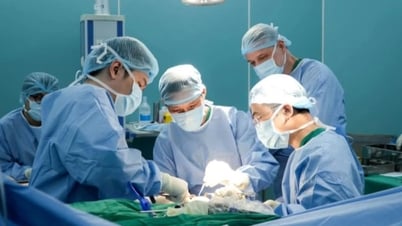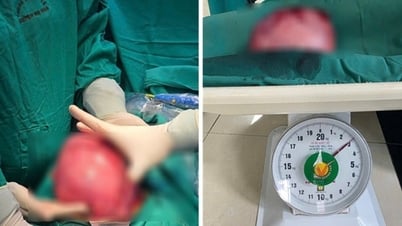Symptoms of colon cancer
In the early stages, colon cancer often has no obvious symptoms because at this time the precancerous lesions are just polyps and do not show any external symptoms. In some cases, if the polyps are located close to the anus, it will cause bloody stools or mucus in the stool.
Most cases in the early stages will have no symptoms, the disease progresses silently. When the disease is in the late stages, the tumors grow larger, causing narrowing of the colon, making digestion poor and causing more obvious symptoms:
- Stomach-ache
- Patients with bowel disorders: constipation, loose or alternating
- Black bloody stools, mucus stools
- In the late stage, there may be intestinal obstruction or partial intestinal obstruction.
Patients should note that if a patient normally defecates once a day, then changes to 2-3 times a day and the nature of the stool changes, it can easily be mistaken for a digestive disorder.

Colon cancer patients often discover the disease when it is in a late stage.
How to prevent colon cancer?
If colon cancer is detected at an early stage, the success rate of treatment is higher. In the early stages, patients can apply endoscopic methods, the cure rate is up to 70% in cases where the tumor has not metastasized.
Colon cancer in particular and gastrointestinal cancer in general have not yet clearly identified risk factors. Therefore, to prevent colon cancer and gastrointestinal cancer, it is necessary to stay away from factors that increase the risk of the disease. First, people need to have regular health check-ups to screen early to detect precancerous lesions and provide treatment plans.
Patients should note that the most accurate method to screen and detect colon cancer is gastrointestinal endoscopy. Gastrointestinal endoscopy helps detect early lesions in the digestive tract, including the colon, including very small lesions or very subtle changes on the surface of the mucosa. All ultrasound methods, blood tests or other methods at this early stage cannot help detect colon cancer early like endoscopy. So who should screen for colon cancer?

Endoscopy is a method to help detect early colon cancer lesions.
- People aged 40 and over should be screened every 2 years (according to research from Japan and Korea) because the older they are, the higher their risk of cancer.
- Family members have colon cancer or gastrointestinal cancer.
- When having digestive problems, patients can combine health check-ups and cancer screening as prescribed by their doctor.
In addition, to prevent colon cancer, people need to change their lifestyle to be more scientific by:
- Add more green vegetables, fiber, and fruits to your daily menu. At the same time, limit greasy foods, spicy foods, pickled foods, foods with lots of spices, and processed foods...
- Limit alcohol and smoking
Source

































































































Comment (0)